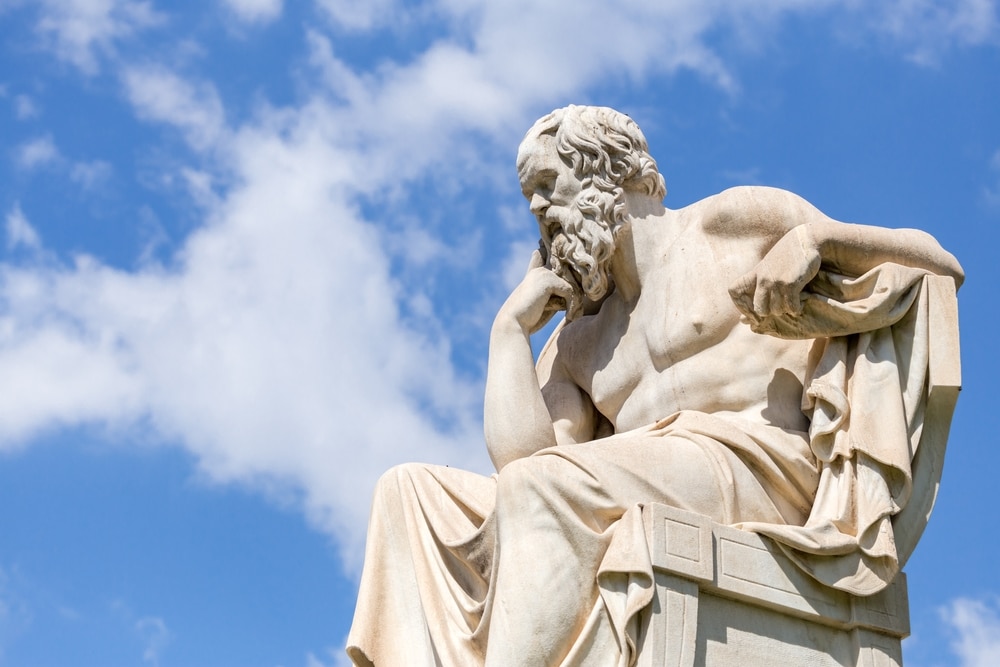Adithan Arunachalam is an award-winning scholar and debate leader whose academic record (Cambridge ICE Award with Distinction; IB Diploma) and hands-on leadership—co-founding debate and current affairs clubs that engaged a quarter of his school—underscore his authority on argumentation and ethical reasoning. A multidisciplinary thinker who also co-founded a cricket team and built a statistics portal, he blends analytical rigor with clear communication. Adithan offers research, writing, and educational workshops that translate complex moral philosophy—including utilitarian frameworks—into practical decision tools for classrooms, clubs, and organizations, lending both credibility and real-world relevance to the analysis that follows.
Moral philosophy examines right and wrong. It provides frameworks to guide ethical decisions. This field has three main areas. Meta-ethics asks basic questions like “Does moral truth exist?” Applied ethics shows how to use these ideas in real situations. Normative ethics creates systems people can use to judge right from wrong. Utilitarianism belongs to normative ethics.
Utilitarianism judges actions by their consequences. It tells people to pick options that create the greatest overall good for the greatest number of people. This normative ethics approach has two main types that offer different advice. Act utilitarianism examines individual choices. Rule utilitarianism looks at general rules that guide choices. This split matters because it affects how people balance freedom with responsibility and how they make moral decisions.
Act utilitarianism evaluates each action on its own, identifying the right choice as the one that produces the best expected outcome for the greatest number compared with alternatives. It focuses on consequences rather than adherence to rules, making it flexible and even permissive of rule-breaking. For example, if telling a lie would generate more overall happiness than telling the truth, this framework supports lying. While it gives equal weight to everyone’s interests, it is highly context-dependent, meaning that outcomes can vary significantly across different situations.
Rule utilitarianism takes a different path. It does not judge each action alone. Instead, it follows general moral rules that boost overall well-being if everyone accepts and follows them. It supports a rule like “tell the truth” not because each truth creates the most happiness, but because honest societies generally build more trust and well-being. The main idea is to judge moral codes by their long-term effects, which include the trust and cooperation that come from shared standards.
Set side by side, the tradeoffs between act and rule utilitarianism become clear. Act utilitarianism excels in unusual or complex situations by allowing decisions to adapt to context and outcomes. Its strength lies in flexibility and responsiveness. Rule utilitarianism, on the other hand, offers stability, providing predictable guidance useful for planning, conflict resolution, and policymaking. This consistency benefits institutions such as courts, which rely on precedent for equal treatment, and medicine, where established protocols ensure reliability under pressure.
When pushed to extremes, these utilitarian approaches show their weaknesses. Act utilitarianism creates a justice problem. Maximizing outcomes, case by case, can permit actions that conflict with basic moral beliefs about fairness. Such actions might include framing one innocent person to stop a riot or taking organs from one healthy patient to save several others. Though the act approach allows breaking norms when a choice seems locally beneficial, it risks eroding reliability in social life. If people expect others to lie, cheat, or break promises whenever it seems useful, the trust that supports systems like law and medicine breaks down.
Rule utilitarianism faces the “rule-worship” problem. Strict commitment to rules can seem rigid when it requires following rules even when breaking them would save lives. This rigidity sometimes conflicts with utilitarianism’s main goal: to maximize happiness or prevent harm. Also, if society keeps making exceptions to avoid bad outcomes, the rules risk falling back into act utilitarianism. The two approaches then become the same in practice.
Each of these approaches is best suited to different settings. Act utilitarianism works best in rare, specific situations where strict rules would block obvious gains. Rule utilitarianism fits settings – such as courts, medical protocols, or compliance systems – that depend on consistency and trust, where clear rules ensure trust and facilitate long-term cooperation. Perhaps the most effective form of utilitarianism exists somewhere in between.
